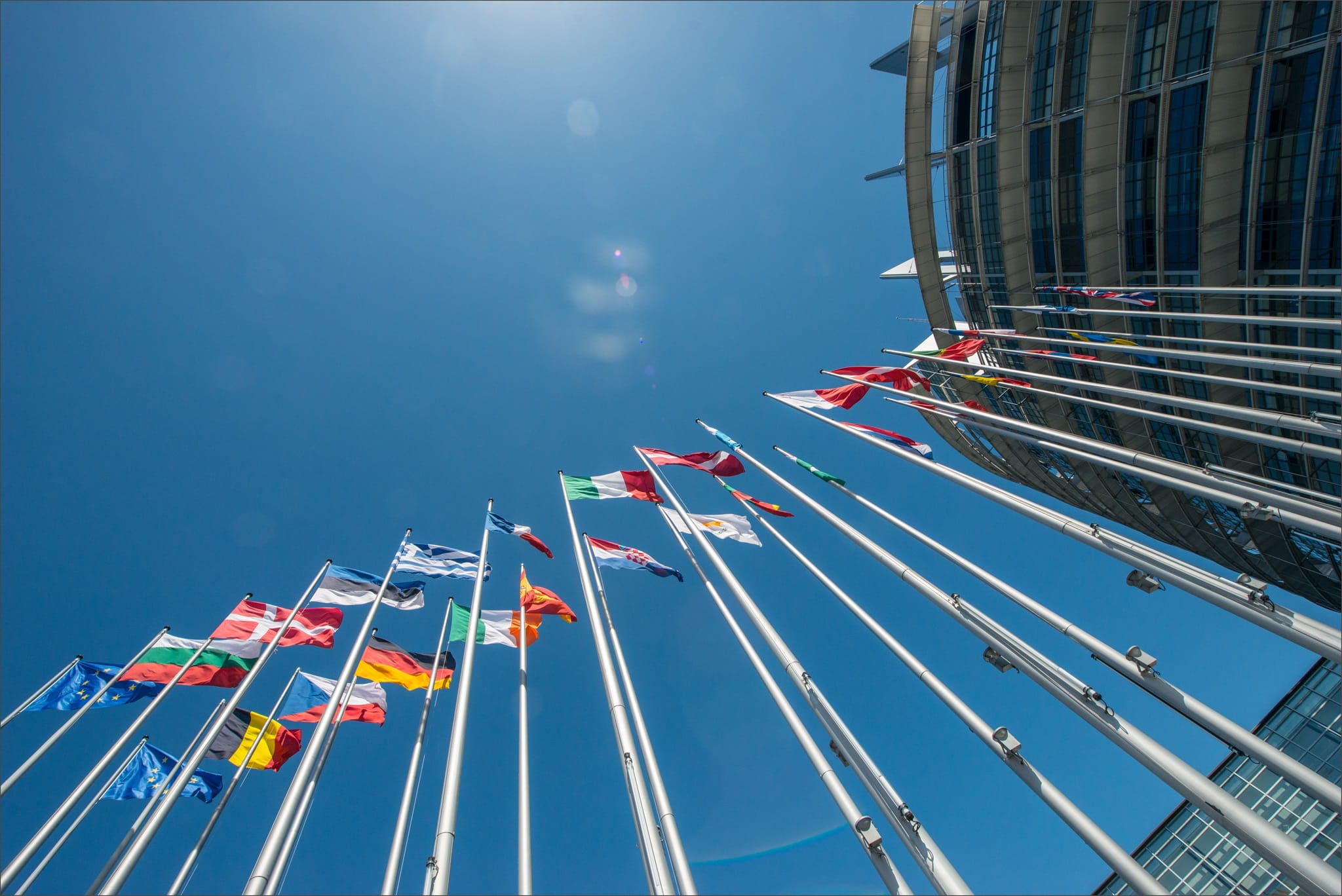Strasbourg: Flickr
According to EU top diplomat Josep Borrell, Serbia and Kosovo have reached an agreement on implementing a European Union-backed deal to normalize ties. This agreement came after Kosovo prime minister Albin Kurti, Serbian president Aleksander Vucic and EU officials talked about the implementation of the deal, which both side had agreed to in Brussels last month. While they reached an verbal agreement on implementing the deal to normalize ties, disagreements and a lack of clarity over what shape some provisions will take, remain.
The agreement indicates that both countries shall develop normal, good-neighbourly relations with each other on the basis of equal rights and shall mutually recognize their respective documents and national symbols, including passports, diplomas, license plates and costums stamps. They also must settle any disputes between them exclusively by peaceful means and refrain from the threat or use of force. The countries should also proceed on the assumption that neither of the two can represent the other in the nationals sphere or act on its behalf. Serbia will not object to Kosovo’s membership in any international organization.
Contrary statements
Kosovo and Serbia have been in EU-backed talks for nearly ten years since Kosovo declared independence in 2008. Despite the statement of Borrel, Kosovo and Serbia both did not sign the agreement. The two leaders both put contradictory spins on what this agreement comprised. Kurti claiming he’d won recognition for Kosovo and Vucic saying Kosovo had given in on the long-running question of the municipal association. The only real concession from Vucic was an admission that at the next meeting, whenever it takes place, Serbia would be obliged to give something.Serbia’s president Vucic said they have not agreed on all points “Despite differences, we had decent conversation”. Kosovo’s prime minster Kurti said that this agreement “is a de facto recognition between Kosovo and Serbia”. The agreement does not commit Serbia to acknowledge and independent Kosovo, but it would recognize documents like passports, degrees and license plates.
The annex to the agreement states that Kosovo and Serbia should fully commit to honour all articles of the agreement and the annex, and implement all their respective obligations from the agreement and this Annex expediently and in good faith. Kosovo should also launch immediately negotiations within the EU-facilitated dialogue on establishing specific arrangements and guarantees to ensure an appropriate level of self-management for the Serbian community in Kosovo.
The countries and the EU agreed to set up a Joint Monitoring Committee, chaired by the EU, within 30 days. The implementation of all provisions shall be ensured and supervised by the Joint Monitoring Committee. To implement Article 9, the EU will organize a donor conference within 150 days to set up an investment and financial aid package for Kosovo and Serbia. No disbursement will happen before the EU determines that all provisions of the Agreement have been fully implemented. Kosovo and Serbia agree that all Articles will be implemented independently of each other. Kosovo and Serbia recognize that any failure to honour their obligations from the agreement, this Annex or the past dialogue agreements may have direct negative consequences for their respective EU accessions processes and the financial aid they receive from the EU.
Pressure from EU
Borrell said the EU will now forcefully demand both sides to fulfil obligations if they want to join the bloc, warning there could be consequences otherwise. He also touched upon a proposed association of Serb municipalities in Kosovo, which would have greater autonomy to Serb majority municipalities, a long disputed topic. “Kosovo has agreed to launch immediately – and when I am saying immediately, I mean immediately- negotiations with the European Union facilitated dialogue on establishing a specific arrangement and guarantees to ensure an appropriated level of self-management for the Serbian communities in Kosovo,” the diplomat said. In the annex on the implementation of the agreement, the EU committed to organizing a donor conference within 150 days to set up an investment and financial aid package for Kosovo and Serbia.
Association of Serb majority municipalities
Albin Kurti said before the new talks “When Kosovo was declared an independent country 15 years ago, it was also declared a multi-ethnic society, even though 93% are Albanians, 4% Serbs, and 3% are Turks, Bosnians, Roma and Gorani. Our constitution, which was basically written by the former president of Finland, cannot sustain a mono-ethnic entity like association of Serb majority municipalities. So, this would not pass in our constitutional court, just as it didn’t in the past, and it would not pass in the Strasbourg court of human rights”. Kurti added: “But we could move forward towards EU integration by respecting each individual in spite of our backgrounds, also taking into consideration the peculiarities of ethnicity and culture. We need to consider this self-management, as protection of rights, not as a territorial position on rights, which would separate and segregate communities.” It has to be seen which parts of the agreements will be implemented by the countries and the consequences for their EU integration if they do not comply.
Author: Manouk Bronzwaer



